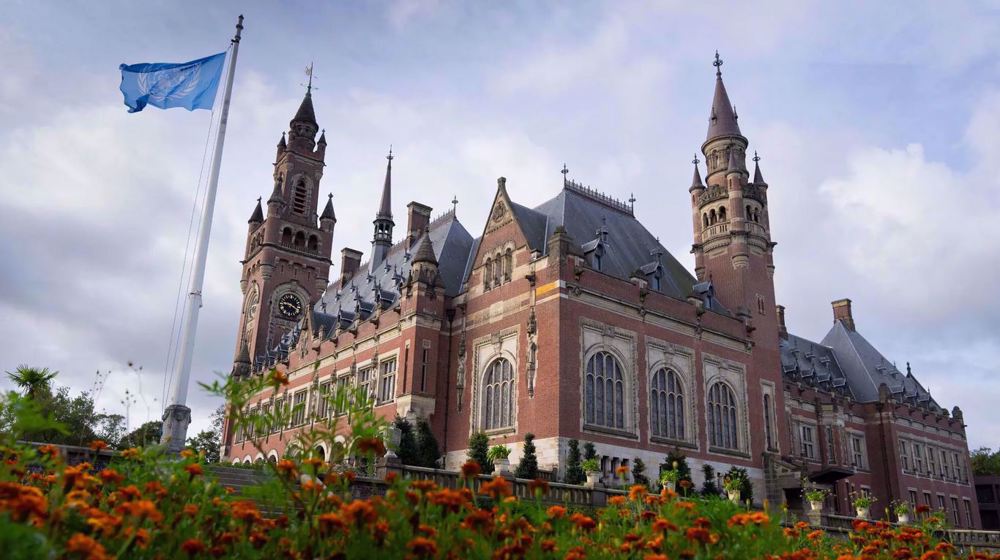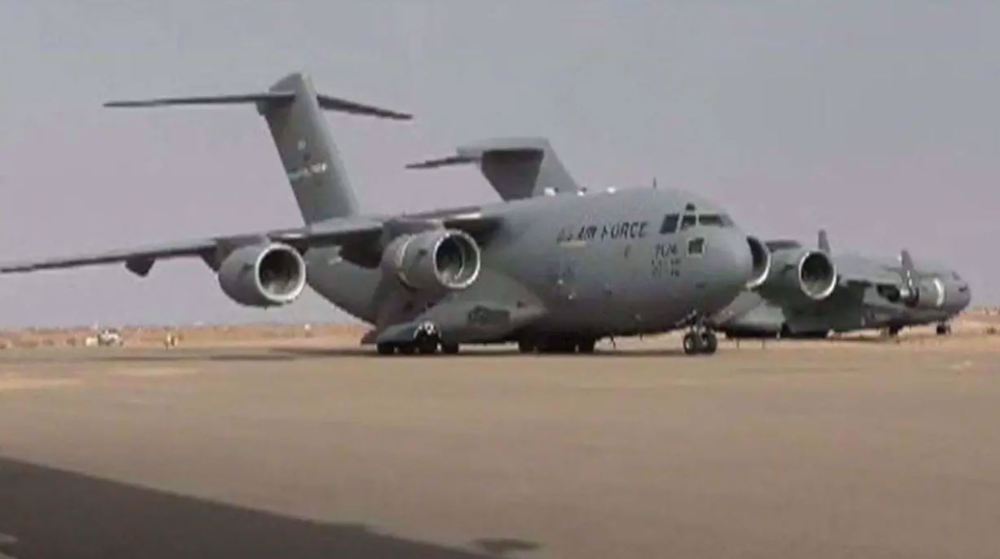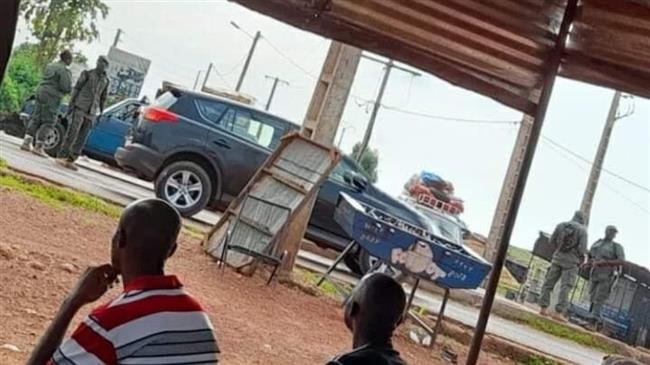Mali in crisis: President resigns after arrest in military coup
Mali’s President Ibrahim Boubacar Keita has announced his decision to resign and dissolve the parliament in order to avoid “bloodshed,” following his arrest by mutinous soldiers.
“Today, certain parts of the military have decided that intervention was necessary. Do I really have a choice? Because I do not wish blood to be shed,” a tired-looking Keita said in a brief statement broadcast on state television from a military base in Kati on Wednesday.
The development came hours after soldiers at the base in Kati, a town 15 kilometers from the capital of Bamako, staged a mutiny, detaining an unspecified number of high-ranking military and political figures, including the foreign and finance ministers and the parliament speaker.
The soldiers later arrested the president, along with Prime Minister Boubou Cisse, at their residences.

“We can state that the president and the prime minister are in our hands,” one of the soldiers, who requested anonymity, earlier told AFP. “We arrested them at their homes. Now they are being taken to the army base in Kati.”
Boubou Doucoure, who works as Cisse’s director of communications, confirmed that the pair had been arrested and taken to the army base in Kati in armored vehicles.
It was unclear if the military was now officially in charge of the country.
Bamako was the scene of a mutiny in 2012 that led to a coup d’etat and the ouster of the then-President Amadou Toumani Toure. The coup later contributed to the fall of northern Mali into the hands of Takfiri militants.
Mali has been beset by nationwide demonstrations against Keita since June, with protesters calling for his resignation over what they see as the government’s failure to restore security and deal with corruption.
United Nations (UN) and human rights activists say at least 14 people lost their lives in the recent anti-government protests.
Mali’s neighbors have expressed concern about prolonged unrest.
Mali is already fighting widespread militancy. Thousands of soldiers and civilians have been killed in the conflict, while many more have been forced to flee their homes.
The conflict has spilled over to neighboring Burkina Faso and Niger.
ECOWAS closes borders with Mali, vows to impose sanctions over coup
Meanwhile, the Economic Community of West African States (ECOWAS) condemned the coup attempt in Mali, saying it had decided to close its member states’ borders with the West African country.
“ECOWAS has noted with great concern the seizure of power by Malian military putschists,” it said in a statement, adding that it would also suspend Mali from its internal decision-making bodies.
The 15-nation bloc vowed to impose sanctions on the “putschists and their partners and collaborators.”
ECOWAS had earlier called on the soldiers “to return to their barracks without delay.”
UN chief demands immediate release of Mali’s president
UN Secretary-General Antonio Guterres has called for the immediate release of Keita and other members of the government, as well as the restoration of constitutional order and the rule of law in Mali.
“The Secretary-General strongly condemns these actions and calls for the immediate restoration of constitutional order and rule of law in Mali,” his spokesman Stephane Dujarric said in a statement.
“To this end, he demands the immediate and unconditional release of President Ibrahim Boubacar Keita and members of his cabinet.”

Guterres also expressed his full support for the African Union (AU) and ECOWAS in their efforts to find a peaceful solution to the current crisis in Mali.
He urged all stakeholders, particularly the defense and security forces, to exercise maximum restraint and uphold the human rights and individual freedoms of all Malians.
UN Security Council to hold meeting on Mali
The UN Security Council will hold an emergency meeting to discuss the current situation in Mali.
The session was requested by France and Niger and will take place behind closed doors on Wednesday afternoon, a senior UN diplomat told AFP on the condition of anonymity.
African Union condemns arrests in Mali
The AU also condemned the detention of Mali’s president and other top government officials by mutinous soldiers, demanding that they be freed urgently.
“I strongly condemn the forced detention of President Ibrahim Boubacar Keita of Mali, the Prime Minister [Boubou Cisse] and other members of the Malian government, and call for their immediate release,” the chairman of the AU Commission, Moussa Faki Mahamat, said in a statement.
He also denounced “any attempt at unconstitutional change” while urging the mutineers to “cease all use of violence.”
Faki called on ECOWAS, the UN, and the entire international community to “combine their efforts to oppose any use of force to end the political crisis in Mali.”
Detention of president ‘not a military coup:’ Mali protest movement
A coalition behind mass protests in Mali calling for Keita to resign said his detention by soldiers was “not a military coup but a popular insurrection.”
“IBK did not want to listen to his people. We even proposed an alternative but he responded with killings,” said Nouhoum Togo, a spokesman for the M5-RFP coalition, referring to Keita by his initials.
EU condemns ‘coup attempt’ in Mali
The European Union (EU) also condemned the attempted coup in Mali, saying it would reject any unconstitutional changes in the country.
The EU “strongly condemns the coup attempt under way in Mali and rejects any unconstitutional changes,” EU foreign policy chief Josep Borrell said on Twitter. “This can in no way be a response to the deep socio-political crisis that has hit Mali for several months.”
Borrell said the EU fully supported the mediation by ECOWAS.
Earlier on Tuesday, European Council President Charles Michel said that he was following developments in Mali closely and that “a coup is never the solution to a crisis.”
Russian court orders Google to pay staggering fine of $20 decillion
Yemeni forces carried out five operations in Haifa, targeting six ships, in one year: Report
VIDEO | US-Israeli war on West Asia
Israeli war machine fails to penetrate Lebanon despite barbaric bombardment: Houthi
VIDEO | Is West's dominance over?
VIDEO | Five Syrians killed in Israeli airstrikes on al-Qusayr near Homs
VIDEO | South African resistance leaders reflect on ways to overcome Israeli aggression
VIDEO | Press TV's news headlines











 This makes it easy to access the Press TV website
This makes it easy to access the Press TV website